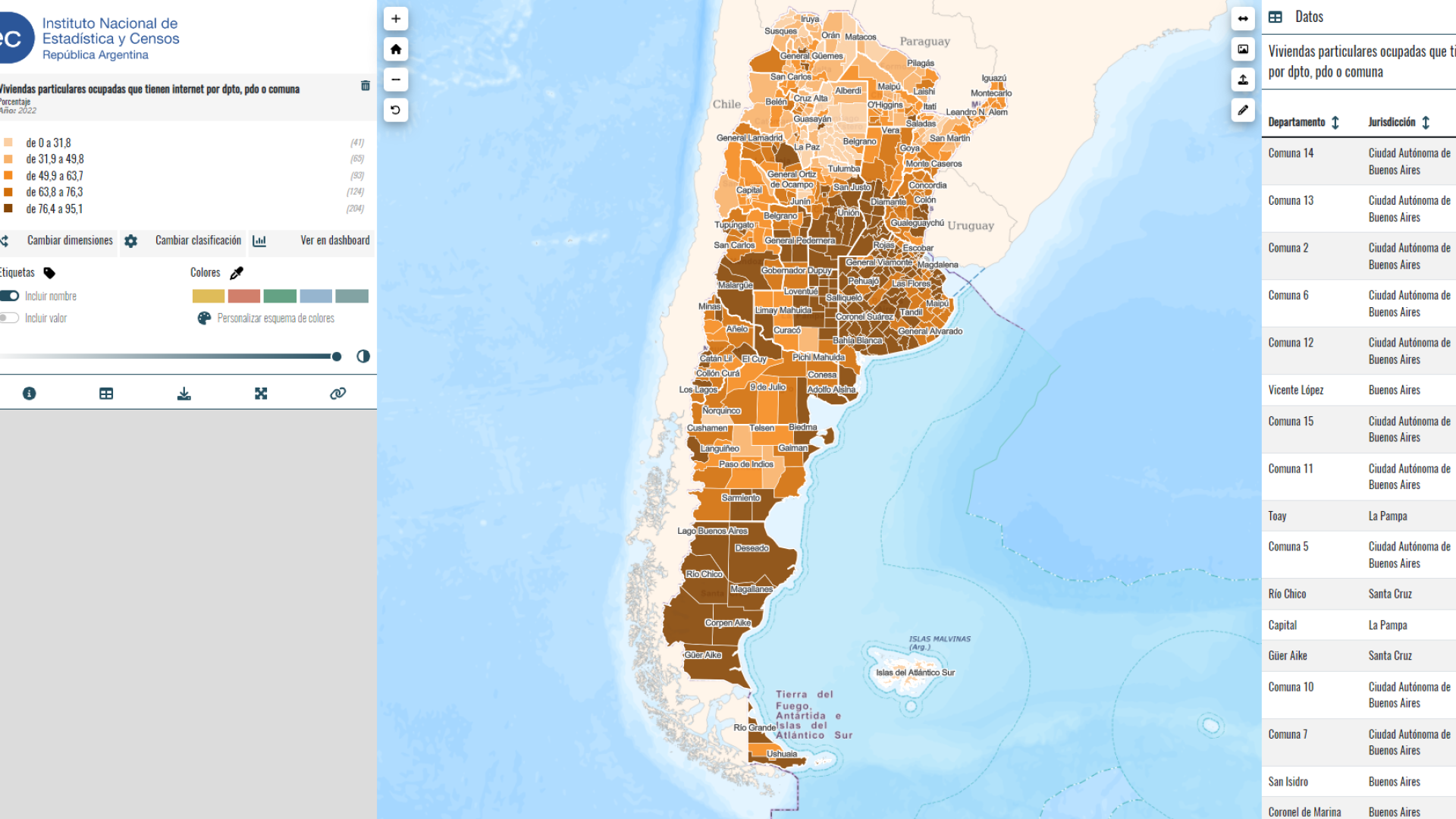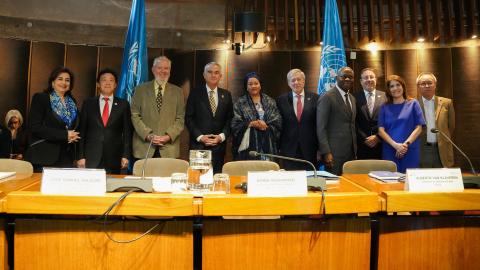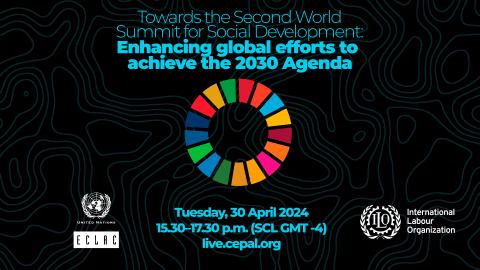Briefing note
“The paradigm shift needed to move towards a new development pattern and to implement the Sustainable Development Goals (SDGs) requires a new global and regional technological governance that is focused on capacities and knowledge,” the Executive Secretary of the Economic Commission for Latin America and the Caribbean (ECLAC), Alicia Bárcena, said today during an event in New York held in the framework of the 5th Biennial High-level Meeting of the Development Cooperation Forum of the United Nations Economic and Social Council (ECOSOC).
“The governance of technology is essential. Market forces cannot be left to act on their own. Cooperation is the instrument,” said the senior United Nations official.
Bárcena stated that collective action and cooperation are imperative to take advantage of and give shape to the technology revolution so that no one is left behind.
The most senior representative of the United Nations regional organization affirmed that “South-South cooperation is fundamental and feasible” and she highlighted that “a considerable number of developing and emerging countries have developed capacities that can be used by other countries.”
For example, she said, the countries of East Asia have strong assets in the field of hardware production and China is the only example of a country with digital platforms (Baidu, Alibaba, Tencent) that are comparable to those created by the United States.
Latin American countries, meanwhile, have been pioneers in processes to improve Internet management and increase the privacy and security of data, she added.
“The exchange of knowledge and good practices could establish a solid foundation for designing and implementing cooperation strategies,” Bárcena said.
She emphasized that the development of these transformations requires the joint work of governments, the private sector and civil society, aimed at ensuring that the new trends are aligned with what is set forth in the 2030 Agenda and that they do not produce greater inequality.
In that vein, the most senior representative of the regional United Nations organization highlighted the creation of the Forum of the Countries of Latin America and the Caribbean on Sustainable Development, a regional mechanism for follow-up and review of the implementation of the 2030 Agenda for Sustainable Development that was established last May in the framework of ECLAC’s Thirty-sixth session. It will analyze, among other things, information and communications technologies (ICT) as strategic tools for following up on the Agenda.
She also reiterated the call to create a single digital market in Latin America and the Caribbean that contributes to development with equality and environmental sustainability in the region.
“Our vision at ECLAC is that we must use the potential of the technological revolution to move towards a big environmental push. Technology is not an exogenous force. We must strengthen the regional and national ecosystems of technology, innovation and data to comply with the SDGs,” Bárcena concluded.



